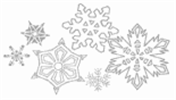If you want to build a new home, there are things you need to know before you begin. Learn about construction standards and about buying land, so you know your rights.
MPS Supplementing Model Building Codes
The Minimum Property Standards (MPS) establish certain minimum standards for buildings constructed under HUD housing programs. This includes new single-family homes, multi-family housing and healthcare-type facilities.
HUD Minimum Property Standards and How They Supplement the Model Building Codes
Until the mid-1980s, HUD maintained separate Minimum Property Standards for different types of structures. Since that time, HUD has accepted the model building codes, including over 250 referenced standards and local building codes, in lieu of separate and prescriptive HUD standards. However, there is one major area of difference between the MPS and other model building codes — durability requirements. Homes and projects financed by FHA-insured mortgages are the collateral for these loans, and their lack of durability can increase the FHA’s financial risk in the event of default. More specifically, the model codes do not contain any minimum requirements for the durability of items such as doors, windows, gutters and downspouts, painting and wall coverings, kitchen cabinets and carpeting. The MPS includes minimum standards for these, and other items, to ensure that the value of an FHA-insured home is not reduced by the deterioration of these components. [Read more…]

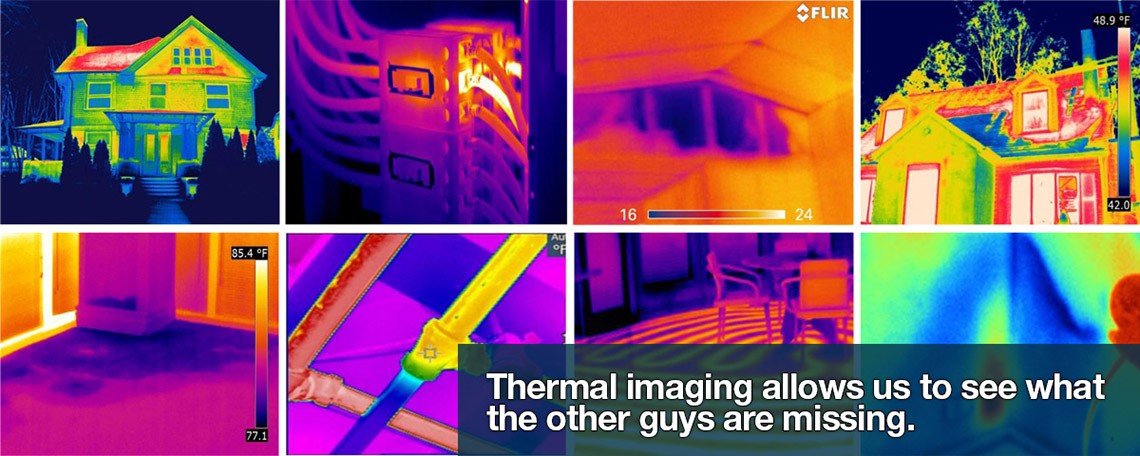
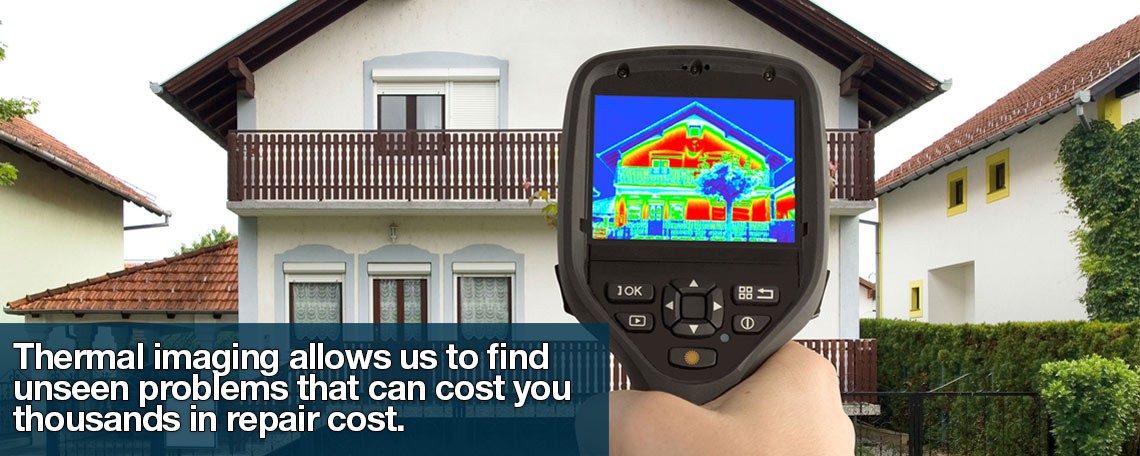


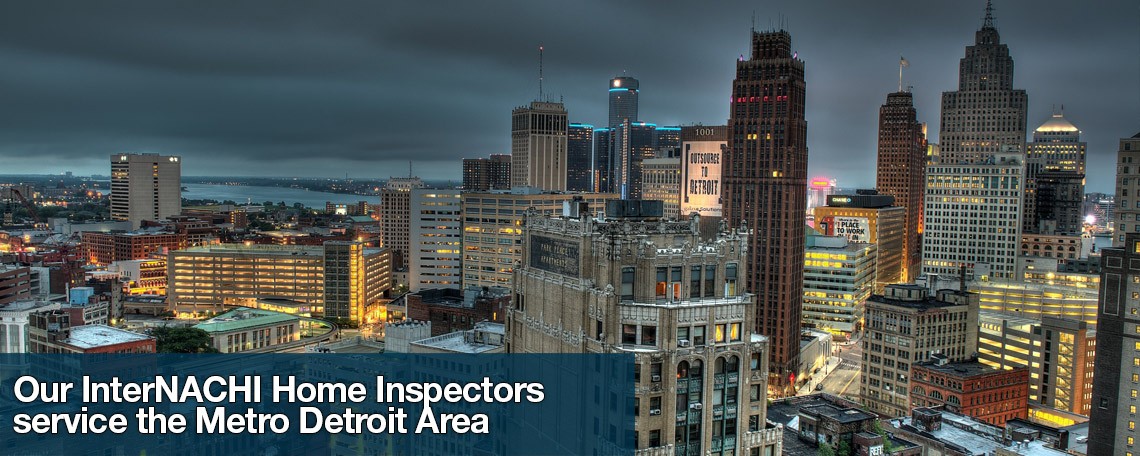
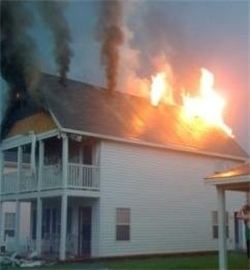 Facts about lightning:
Facts about lightning: